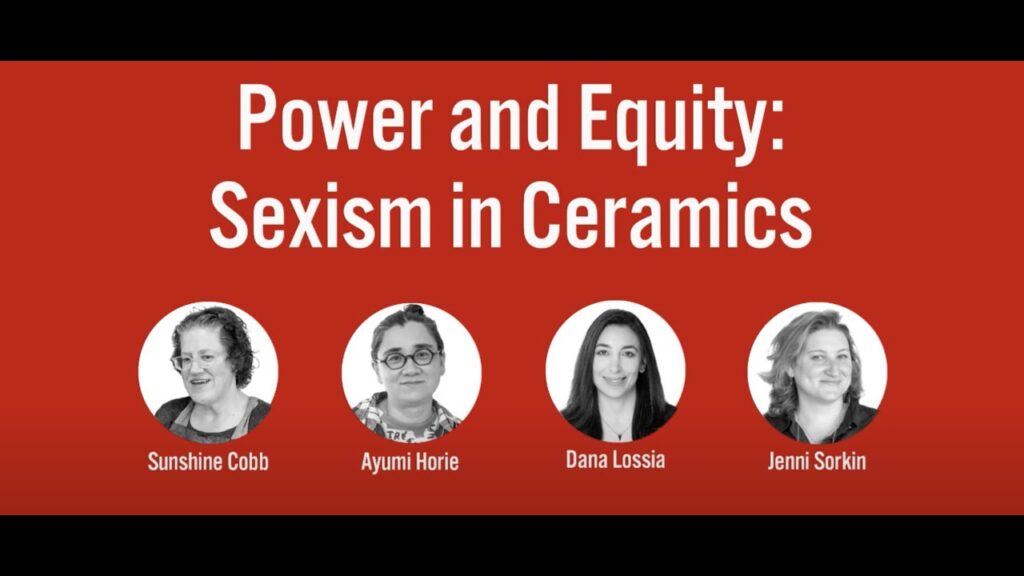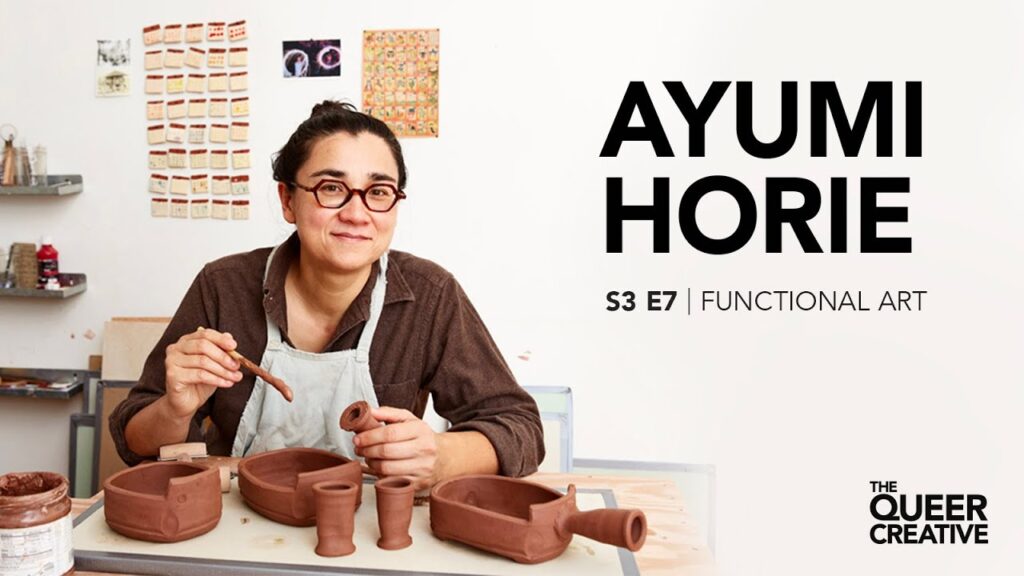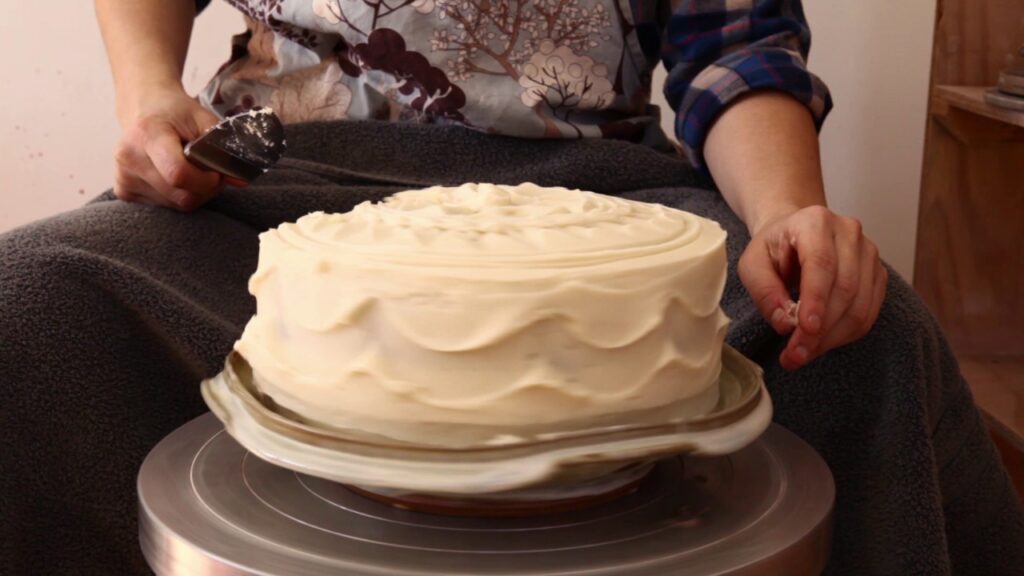Join us for a lively discussion about ceramics offered in connection to the exhibition An Adventurous Spirit: The Jane Costello Wellehan Collection.
Ayumi Horie is a full-time studio potter from Portland, Maine who makes functional pots, mainly with drawings of animals. In 2015, she awarded a Distinguished Fellow grant in Craft by the United States Artists and is the first recipient of Ceramics Monthly’s Ceramic Artist of the Year award. This year, 2020, she was awarded an Honorary Member at NCECA for “outstanding contribution” to the field. She has taught workshops and given lectures at many universities, art centers and residencies in the U.S. and abroad, including the Archie Bray Foundation, Haystack Mountain School of Crafts, Greenwich House Pottery, Penland School of Crafts, Peter’s Valley, Arrowmont School of Arts and Crafts, the Northern Clay Center, and the International Ceramic Research Center in Denmark. She has served on the board of directors at the Archie Bray Foundation and American Craft Council. Currently, Ayumi is President of the board of Haystack Mountain School of Crafts. Her work is in various collections throughout the US, including the Museum of Art and Design in New York City.
Mark Johnson is currently Professor of Ceramics & Foundation at the Maine College of Art. He received his BFA and MFA degrees from Kent State University. His ceramic work explores the relationship between control and chance that is an important part of the soda firing process. Pottery forms, including vases, jars, teapots, platters, and pouring vessels, are surfaced with glazes that interact with the clay body and the soda kiln atmosphere to create a synthesis of material, form, and process. His artwork has been featured in numerous books and periodicals and has been included in over 200 hundred exhibitions in galleries and museums throughout the United States. He has been an Artist-in-Residence at the Archie Bray Foundation, Helena, Montana and the Watershed Center for Ceramic Art, Newcastle, Maine. Mark has received Individual Artist Fellowships from the Maine Arts Commission and the New England Foundation for the Arts/NEA.
Sequoia Miller is a curator, historian, and studio potter. He has a BA in Russian & Art History from Brandeis University, an MA in Decorative Arts, Design History, and Material Culture from the Bard Graduate Center in New York City, and a PhD in the History of Art from Yale University. His thesis analyzed the connections between ceramics and conceptual art practices on the East and West Coasts of the United States in the 1960s and ‘70s. Sequoia curated The Ceramic Presence in Modern Art at the Yale University Art Gallery and authored the accompanying award-winning catalogue. Before re-entering academia, he was a full-time studio potter for more than 10 years. Based in the Pacific Northwest, he made one-of-a-kind functional pots for daily use in domestic environments. Sequoia has exhibited widely and led workshops at craft schools, universities, and art centers in the U.S. and Canada.
—————-
Bates College in Lewiston, Maine, is one of the nation's leading liberal arts colleges. It is a welcoming community whose members care deeply about the rigorous, challenging, and rewarding life of ideas and principles, and value their exchange and examination.










